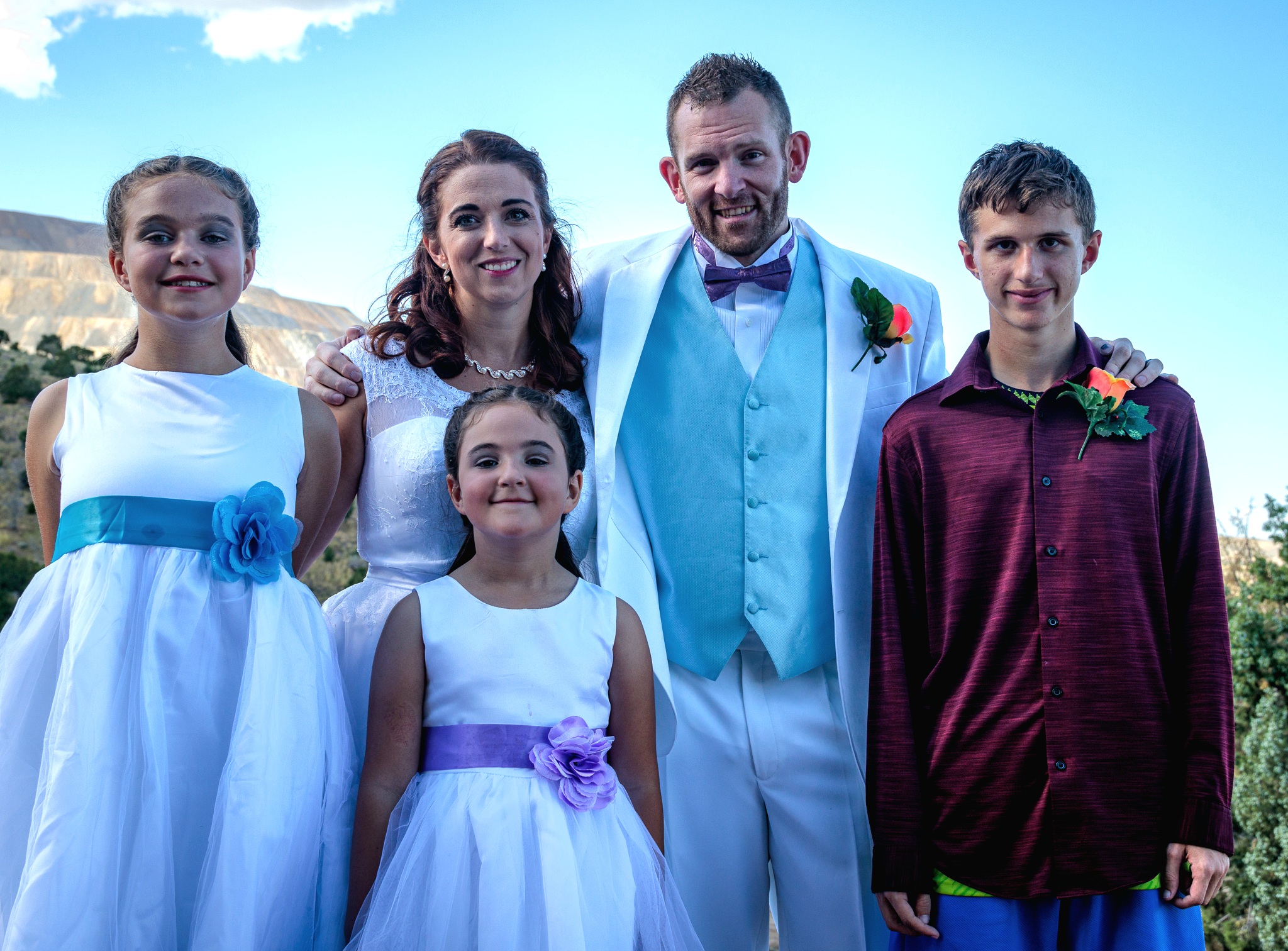
Amanda hopes her cancer journey is a positive example for her kids
April 22, 2024
This is a guest post by Amanda Reitz, a mother of three children who were 13, 9, and 5 years…
Read More
By D’Ann George, PhD, Medical Writer
Three separate phase III clinical trials showed that people with kidney cancer who had undergone nephrectomy (kidney removal) but whose cancer had not yet metastasized, or spread, did not benefit from adjuvant immunotherapy.
The trials were testing the theory that adjuvant immunotherapy, which is given after surgery to prevent cancer from returning, might improve patients’ chances of disease-free survival compared with watching and waiting after surgery to see what would happen.
All three adjuvant trials selected people patients thought to be at high risk for cancer spread of cancer, typically a 30-50% risk within three years. The IMmotion010 trial compared atezolizumab (Tecentriq) given after surgery with placebo. The PROSPER trial administered nivolumab (Opdivo) both before and after surgery and compared the adjuvant treatment to placebo. The CheckMate 914 trial compared a combination of adjuvant nivolumab plus ipilimumab (Yervoy) with placebo.
The collective study results left oncologists surprised and dismayed.
“I’ve had many sleepless nights because of these trials,” said Dr. Toni Choueiri, a medical oncologist and kidney cancer expert at the Dana-Farber Cancer Institute, who was not involved in the studies, which were presented at the recent meeting of the European Society of Medical Oncology.
Since nivolumab has successfully shrunk tumors and improved survival in people with metastatic kidney cancer, researchers expected the drug to prime the immune system against kidney cancer even more effectively when given earlier in the course of disease. Data on another blockbuster immunotherapy, pembrolizumab (Keytruda), reinforced that expectation; it has also proven effective in reducing how many people experience metastasis after kidney removal and received FDA approval to treat kidney cancer in the adjuvant setting in 2021
Instead, neither nivolumab nor atezolizumab showed a statistically meaningful reduction difference in disease progression compared with surgery alone or placebo, respectively. Furthermore, people who received either nivolumab or atezolizumab experienced a greater number of toxic events than those in the comparison groups.
Dr. ThomasPowels, of the Cancer Research UK Barts Centre, discussed the results during the ESMO session and said that the most important takeaway for patients is to “be aware that other immune checkpoint inhibitors (immunotherapies) have not been able to replicate the pembrolizumab data.”
Dr. Brian Rini, of the Vanderbilt-Ingram Cancer Center and member of the KCA’s Medical Steering Committee, said that while he doesn’t think the study results detract from the positive pembrolizumab data, he “personally will continue to be more selective in pembro use – for example, restricting to higher-risk patients only.”
Rinialso said that even though the unexpected negative results were “perplexing,” the adjuvant trials presented at ESMO were nevertheless useful to researchers and clinicians.
“The results add to the overall picture of immunotherapy activity in perioperative RCC treatment,” he said. “Multiple positive trials can reinforce a given treatment approach. Negative trials add to the overall perspective and can often teach us how to do trials better in the future.”